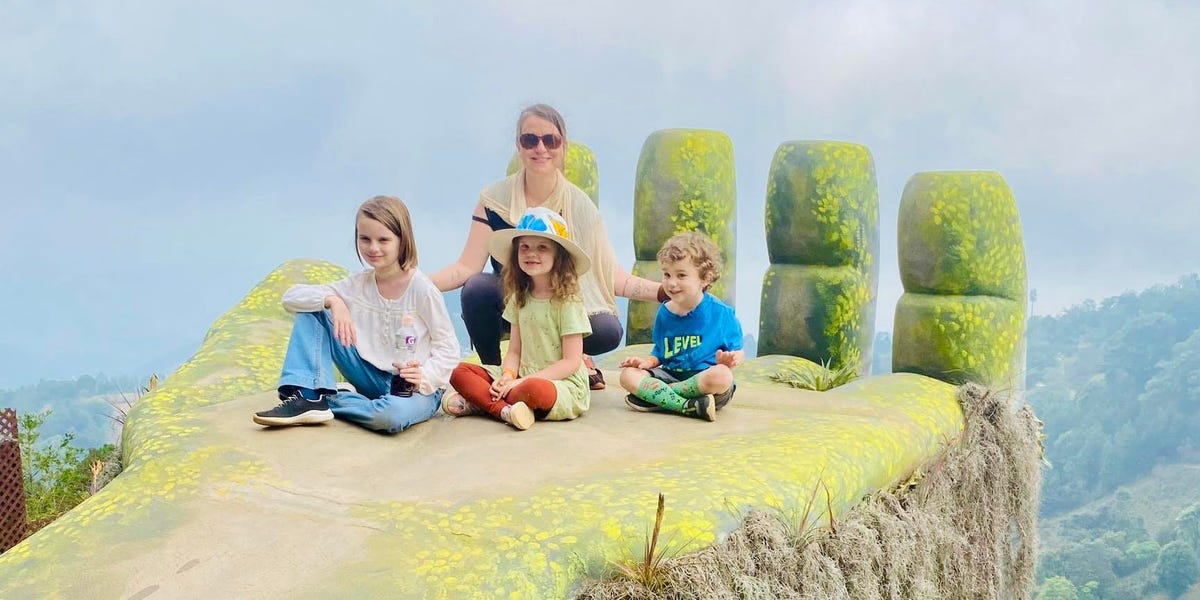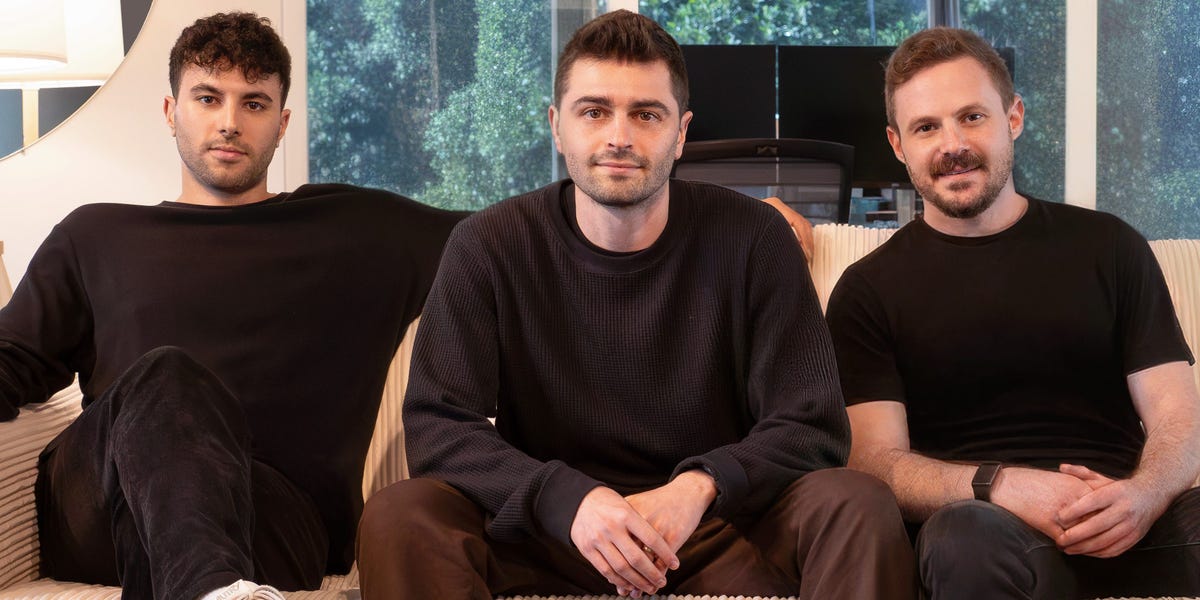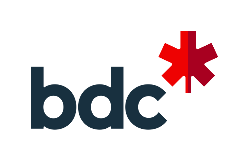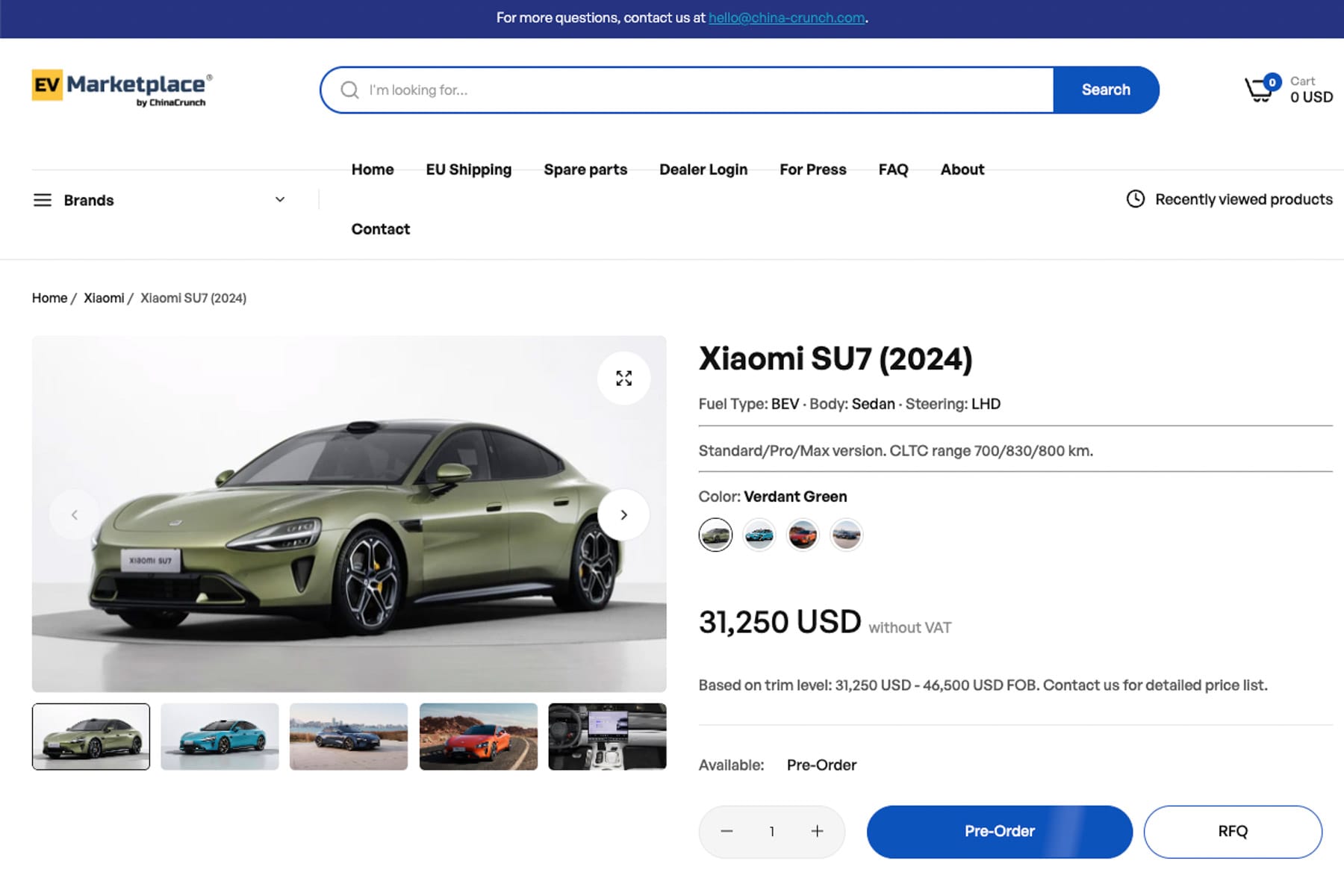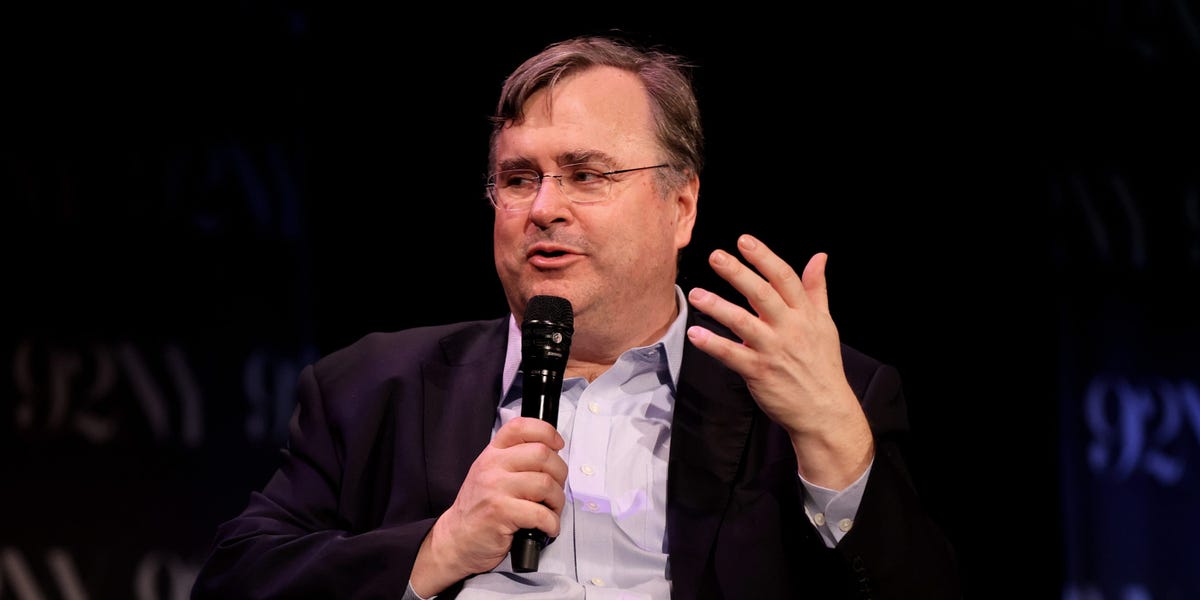When I first became a mom 10 years ago, I was the quintessential “crunchy” mama. Parenting approaches like co-sleeping and continued breastfeeding were part of my identity. I praised effort instead of results and consciously provided my children opportunities that emphasized exploration.
I believed these core values would foster the genius minds I dreamed of. I imagined my kids learning experientially through art and travel. I studied the Waldorf and Montessori education models and threw myself into promoting whole-child learning.
I also had no trust in the public schools. I saw them littered with issues, including a lack of resources, exposure to violence, and overburdening kids with homework. I viewed the US education system as an institution that wanted to produce a cookie-cutter child, and that wasn’t what I wanted for my kids.
My oldest started out at a virtual charter school
When my oldest started kindergarten, I knew I wanted her to be at home, so I could encourage her. As a new “teacher,” I chose a virtual charter school to guide us. Her curriculum was often completed in just two hours a day, so there was plenty of time for her to still be a kid, which I appreciated.
That same year, I learned my daughter’s IQ fell in the highly gifted range. I believe the dedication I put into organic learning during her early years made an impact. To honor her curious mind, I enrolled her in a private online school for advanced learners in first grade. They grade-skipped her over second, and she attended third grade there as well.
When my circumstances changed, their schooling did, too
Soon, I was a single mom of three kids under 8. I no longer had the privilege of choosing expensive schools tailored to individual needs, and the logistics of ensuring each of my children had equal access to an exceptional education became increasingly complicated. For a moment, it felt like my ideology might get lost in circumstance.
I chose to traditionally homeschool all three of my kids the following year, but it didn’t feel like I was doing them justice. And practically, I no longer had the bandwidth to customize curricula for three different children. So, with great reluctance, I enrolled them in public school at the start of the next school year.
Public school was better than I expected it to be
My oldest and youngest thrived in their new school. As extroverts, they reveled in being in a social setting. They participated in extracurricular activities, and my kindergartener made many friends. My preconceived idea of what was best for them was being challenged.
My first grader, however, wasn’t thriving. So I pulled her out and enrolled her in an online charter school so I could focus on her social-emotional development.
This is when I started to see that an ideal education didn’t just look different for my family, but for each child within it. Thankfully, I was used to adapting to my kids and their unique needs.
Courtesy of Colleen Kelly
My kids are all on their own paths
A couple of months later, my oldest got an acceptance letter to a private middle school. She wanted to see how this opportunity would take shape. I was conflicted because she was already doing well and would have to leave her Gifted Individualized Education Plan (GIEP) behind. At the same time, I knew she’d need stronger academics to reach her potential.
I questioned myself. Wasn’t the value of acquiring life experience the very thing I focused on teaching her? She began attending the private academy in August and has been flourishing there. She found a core group of friends, participates in cross-country and theatre, and has exceptional grades. A performing arts charter school has piqued her interest now, and she is considering another switch for 7th grade.
I felt that my now second-grade daughter needed to continue with online schooling for a bit longer to further improve her confidence and target her strengths. She was quickly put on a GIEP, and grade accelerated in mathematics. After an online trial at the same school for my youngest, I discovered that he is a bit too excitable to be in a regular classroom environment yet. To accommodate his learning style and foster participation, he is homeschooling this year.
I’ve discovered that differentiating my children’s instruction paths has a lot of benefits. When I nurture their unique educational needs, each kid feels like their talents are meaningful, so they become more engaged.

